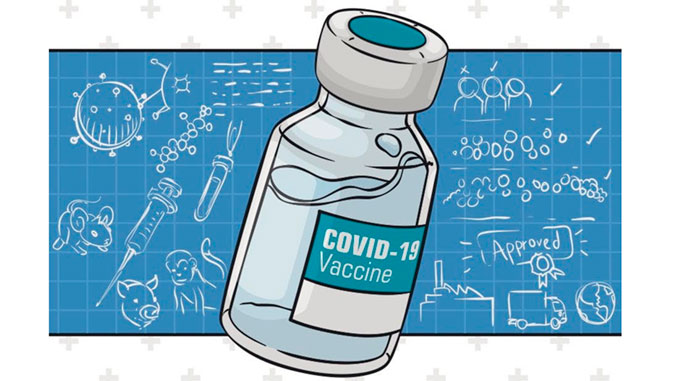
The Pacific Alliance Against COVID-19 (PAAC) opens registration for grades 6–12 teachers to become certified COVID-19 educators on Monday, March 1. A $200 incentive for 200 teachers to be certified and provide feedback on four modules (outside of school hours) has been provided by a National Institutes of Health (NIH) grant award.
The PAAC is a multidisciplinary alliance composed of researchers from three different University of Hawaiʻi at Mānoa colleges, the Accountable Healthcare Alliance of Rural Oahu (AHARO) community health centers, and schools across the state. The team is comprised of UH Mānoa faculty from the John A. Burns School of Medicine: May Okihiro (pediatrics), Alika Maunakea (anatomy, biochemistry, and physiology) and Marjorie Mau (Native Hawaiian health); College of Social Sciences Ruben Juarez (economics and UHERO); and College of Education (COE) Pauline Chinn (curriculum studies).
Chinn, a curriculum studies professor in the COE, serves as co-director of the community partner unit for the PAAC. “The PAAC is funded by the NIH RADx-UP program,” Chinn explained. “Over the past year, we were able to provide graduate assistantships for four of our curriculum studies students through funding by the National Institutes of Health Rapid Acceleration of Diagnostics-Underserved Populations and National Science Foundation. The COE also plays a major role as a partner for outreach and dissemination of the curriculum.”
Teachers may enroll individually or as teams in the COVID-19 educator program. The four modules include:
- History of Infectious Diseases in Hawaiʻi and the Pacific;
- Moʻokūʻauhau: My Genealogy and Beloved ʻOhana Bubble;
- Protection and Prevention;
- Testing and Vaccination, a new module that presents current information
“This study is fundamental to increase testing capacity in underserved communities, to understand how socioeconomics and behaviors contribute to gaps in testing and vaccination, and to develop true community partnerships with schools to increase education and ameliorate these gaps,” said Juarez, who also serves as the PAAC director of data coordination and evaluation unit.
The Hanahauʻoli Professional Development Center and COE Associate Specialist Amber Strong Makaiau helped pilot the first three modules through a seminar series held in July and August 2020. Chinn’s interdisciplinary curriculum, COVID-19, the Latest Hawaiian Epidemic: Educating for Health, Responsibility, and Resilience Through a Place-Based, Cultural Lens, has been featured in UH News as well as Honolulu Civil Beat.
Juarez concluded, “Teachers already play a critical role in decreasing the spread of COVID-19 in the state through education. PAAC is here to support them with a novel curriculum and tools to teach it.”
As a service to the community, teachers may also download individual modules and join zoom feedback sessions. The first one will be held on Wednesday, March 10, 2021. Visit the PAAC website to register or to download the curriculum to receive an invitation. For more information, send an email to: PAAC@hawaii.edu.
This is an example of UH Mānoa’s goal of Excellence in Research: Advancing the Research and Creative Work Enterprise (PDF), one of four goals identified in the 2015–25 Strategic Plan (PDF), updated in December 2020.

